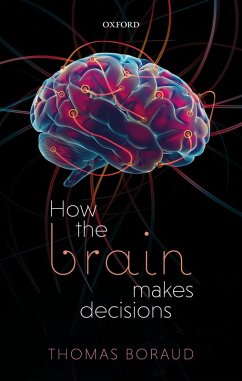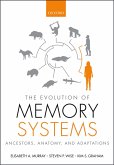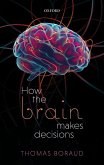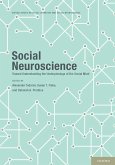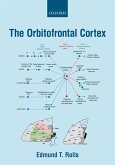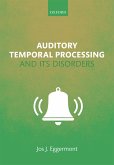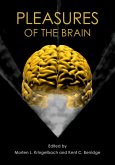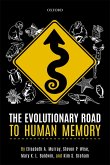What if our ability to make decisions was more a matter of chance than a rational process? It has long been recognized that the mind decides, the body obeys. However, as the author of this book argues, in reality it might just be the opposite. The decision-making process is produced by cerebral matter. It is a random phenomenon that results from competing processes within a network whose architecture has changed little since the first vertebrates. This book presents a 'bottom-up' approach to understanding decision making, starting from the fundamental question: what are the basic properties that a neural network of decision making needs to possess? Combining data drawn from phylogeny and physiology, the book provides a general framework for the neurobiology of decision-making in vertebrates, and explains how it evolved from the lamprey to the apes. It also looks at the consequences of such a framework: how it impacts our capacity for reasoning, and considers some aspects of the pathophysiology of higher brain functions. It ends with an open discussion of more philosophical concepts such as the nature of Free-will. Written in a lively and accessible style, the book presents an exciting perspective on understanding decision making.
Dieser Download kann aus rechtlichen Gründen nur mit Rechnungsadresse in A, B, BG, CY, CZ, D, DK, EW, E, FIN, F, GR, HR, H, IRL, I, LT, L, LR, M, NL, PL, P, R, S, SLO, SK ausgeliefert werden.

